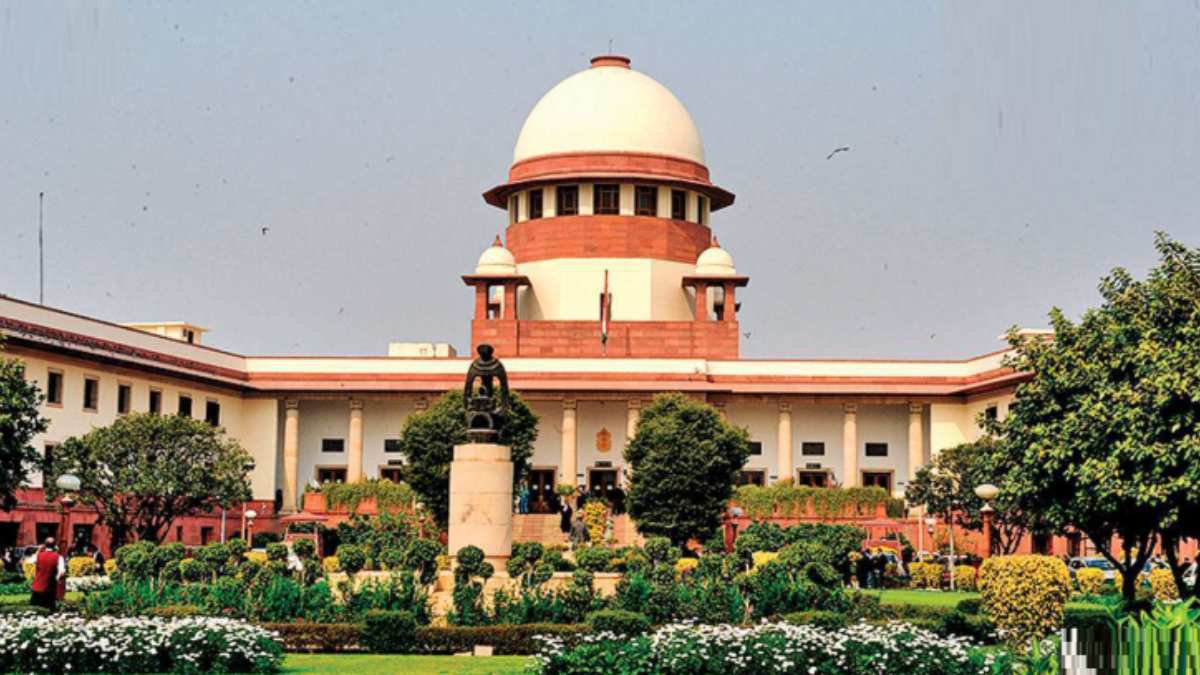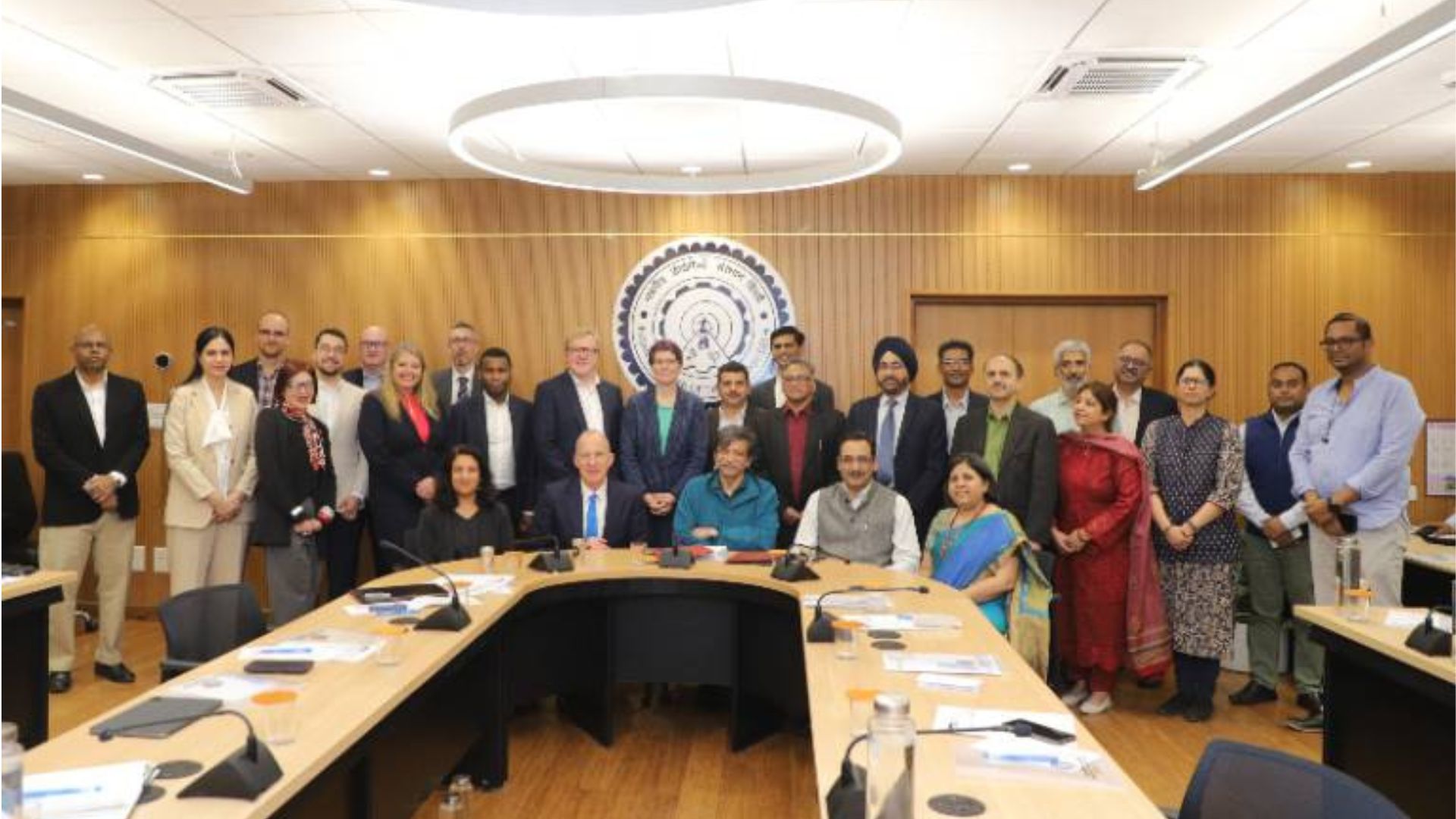
In a landmark judgment, the Supreme Court has allowed the retrospective application of the law which grants equal rights to daughters in inheritance in a Hindu Undivided Family. Settling the disputed question of law, a three-judge bench headed by Justice Arun Mishra ruled that daughters will have a right in the parental property in accordance with the 2005 amendment in the Hindu Succession Act. Delivering the verdict, Justice Arun Mishra quoted an old proverb: “Once a daughter, always a daughter. A son is a son till he is married. The daughter shall remain a coparcener throughout life, irrespective of whether her father is alive or not.”
The court held that a daughter, living or dead, as on the date of the amendment, will be entitled to a share in her father’s property. Even if the daughter and her father or any other relative were not alive on the date of the amendment, her children can claim their rightful portion. The apex court verdict was delivered on a batch of appeals that raised the issue of ancestral property inheritance due to multiple conflicting orders in the past. The pleas wanted to clarify if the Hindu Succession (Amendment) Act, 2005 can be applied retrospectively.















